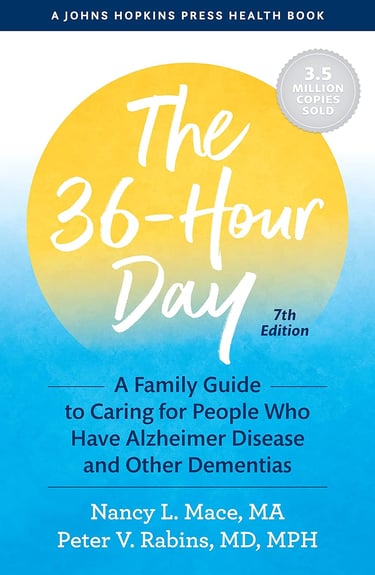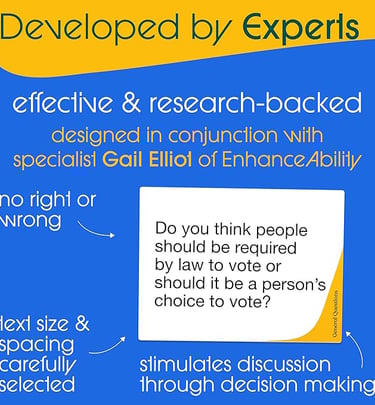Understanding Dementia: Signs Beyond Memory Loss
Explore the signs, causes, and various types of dementia in our comprehensive guide. Understand why dementia is more than just memory loss and find ways to effectively support your loved ones dealing with this condition.
WELLNESS
6/12/20253 min read


When people think of dementia, memory loss often comes to mind first. But dementia is far more complex than simply forgetting a name or misplacing your keys. It’s a collective term for a range of symptoms that affect thinking, memory, and behavior, and can have a profound impact on a person’s ability to perform everyday tasks.
What Is Dementia?
Dementia is not a specific disease. Instead, it’s a general term describing a decline in mental ability severe enough to interfere with daily life. Alzheimer’s disease is the most common cause, accounting for 60–80% of cases, but there are many other forms, including vascular dementia, Lewy body dementia, and frontotemporal dementia.
Dementia affects millions worldwide, but with education, compassion, and ongoing research, we can improve care, empower families, and move closer to breakthroughs in treatment. If someone you love is showing signs, don’t wait—reach out to a healthcare provider for support. One essential resource is The 36-Hour Day, a bestselling guide that offers practical advice, medical insights, and emotional support for caregivers navigating the challenges of Alzheimer’s and other dementias. It’s more than just a book—it’s a lifeline for families seeking clarity, strength, and strategies to provide the best possible care.
Signs and Symptoms
Dementia symptoms can vary widely, but common early signs include:
Difficulty remembering recent events or conversations
Trouble with problem-solving or planning
Confusion about time or place
Changes in mood, personality, or judgment
Difficulty with language or visual perception
As the condition progresses, symptoms become more severe, often leading to a complete dependence on caregivers for basic needs.
Diagnosis and Care
There is no single test for diagnosing dementia. Doctors typically use a combination of physical exams, neurological assessments, cognitive tests, and brain imaging to determine the cause of symptoms.
While there’s no cure for most types of dementia, early diagnosis can make a significant difference. It enables medical intervention, lifestyle modifications, and care planning that can slow the progression and enhance quality of life.
Living with Dementia
A dementia diagnosis is life-changing, not just for the individual but also for their loved ones. Support systems, memory care programs, and specialized therapies can help manage symptoms and maintain dignity. Caregivers play an essential role and often need their support to navigate the emotional and physical challenges.
Dementia affects millions worldwide, challenging not only those diagnosed but also the families who care for them. With education, compassion, and continued research, we can offer better support and move closer to breakthroughs in treatment. One simple yet powerful way to enrich the daily lives of those affected is through meaningful engagement. The Keeping Busy Conversation Game is designed specifically for individuals with Alzheimer’s and dementia, helping spark memory, connection, and joy. With easy prompts and age-appropriate topics, this game encourages conversation, supports cognitive function, and helps caregivers connect with their loved ones in a fun and purposeful way. If someone you love is showing signs of dementia, don’t wait—reach out to a healthcare provider and consider tools like this to enhance their quality of life.
The Importance of Awareness
Raising awareness about dementia helps reduce stigma, promotes early detection, and encourages research funding. Understanding that dementia is not a normal part of aging—but a medical condition—can lead to more empathy, support, and solutions.
Final Thoughts
Dementia affects millions worldwide, but with education, compassion, and continued research, we can provide better care, support families, and move closer to breakthroughs in treatment. If someone you love is showing signs, don’t wait—reach out to a healthcare provider for guidance and resources.






